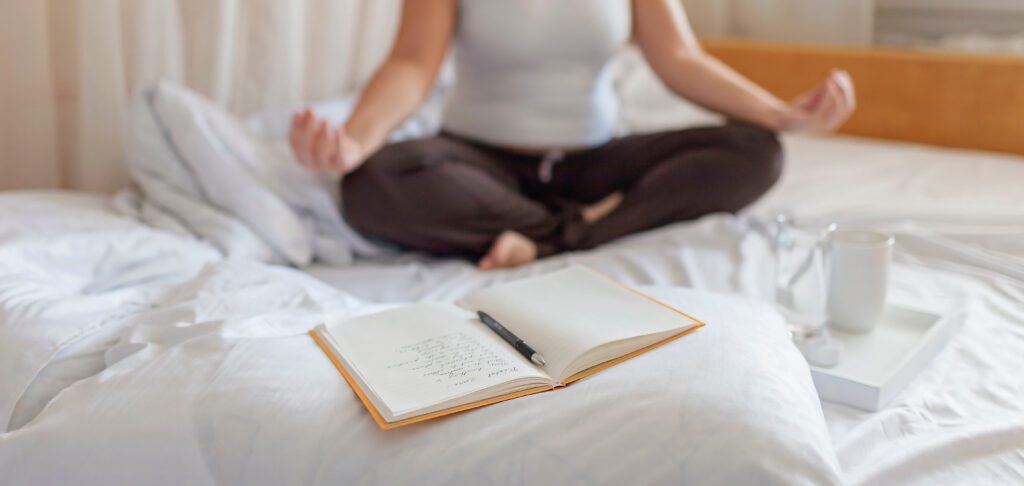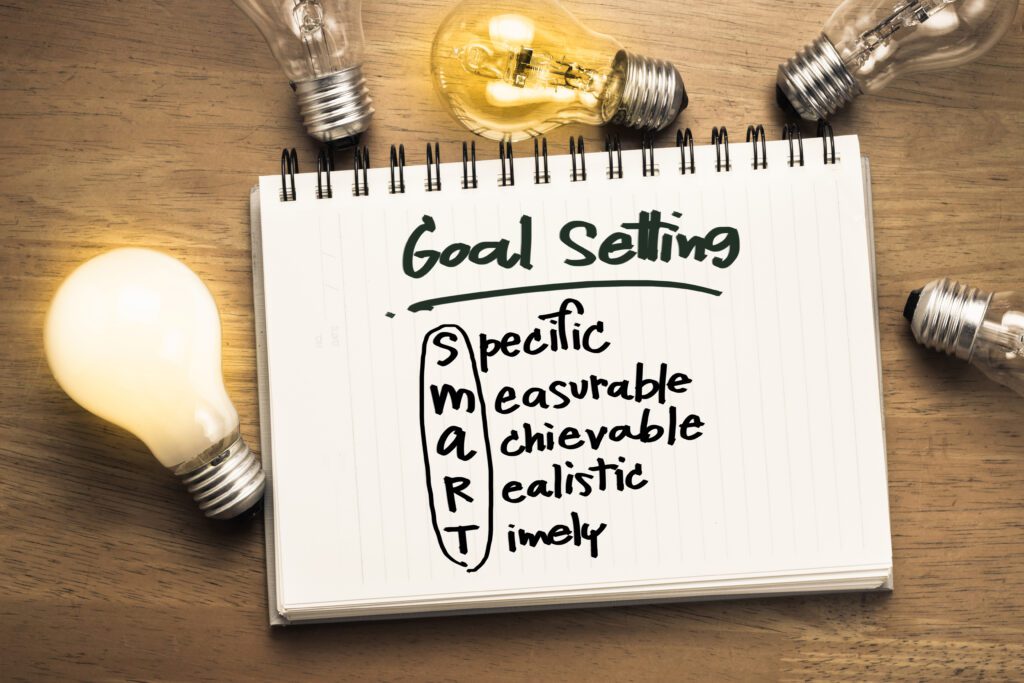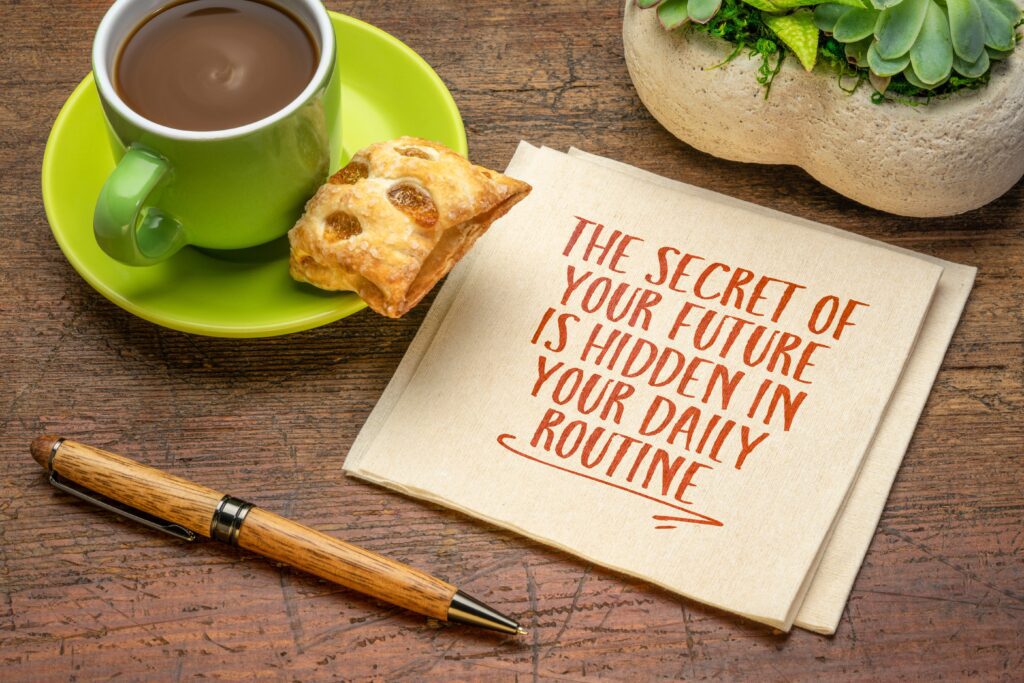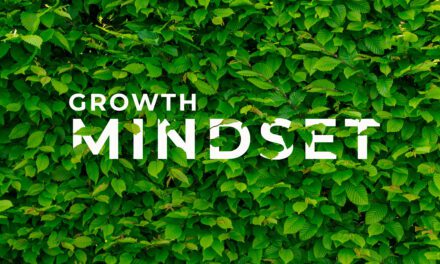Have you ever considered how penning down your thoughts could unlock a more aware, productive, and emotionally balanced version of yourself?
“The form of the journal is ideal for capturing life’s tenuous relationship with time; it makes a fugue of one’s completed life.”
– Patrick Nathan
Journaling has proven to be a formidable tool in personal development, mental clarity, and creative inspiration. Over the years, it has transitioned from a hobby to a mainstream practice in self-care and productivity. Professionals, leaders, and mental health enthusiasts alike have discovered the profound benefits of keeping a journal. This guide is your compass on the path to harnessing the power of journaling for mental health and productivity.
Getting Started with Journaling
Before you can unlock the full potential of journaling, it’s important to get your bearings.
Allocate Dedicated Time
Your first task is to carve out a slice of your day for journaling. Whether it’s the tranquility of the morning, the contemplative dusk of the evening, or a calm moment during your lunch break, make it consistent and non-negotiable. Treat it as an appointment with yourself.
Paper Vs Digital
When considering the method of journaling, the debate between paper versus digital platforms is significant. Traditional paper journals offer a tangible, intimate experience that many find therapeutic, as the act of writing by hand can slow down your thoughts, allowing for deeper reflection. On the other hand, digital journals provide convenience and accessibility, with features such as password protection, endless space, and the ability to search entries easily. Your choice depends on personal preference and lifestyle; while some cherish the physical connection of pen to paper, others might value the efficiency and organization that digital options offer.
Digital Option – Day One (macOS and iOS users):
Download Day One for macOS
Download Day One for iOS
(Note: I have no affiliation with the Day One app; I’m just a genuine fan of what they’ve created. Their product has impressed me with its features and user experience, making it a standout choice for digital journaling. If you’re on the lookout for a digital journal, I highly recommend checking it out.)
Select a Suitable Journaling Method
There isn’t a one-size-fits-all approach to journaling. Some are drawn to the freeform expression of thoughts while others prefer the structured nature of bullet points and lists. Identify your style. Use the method that makes your thoughts flow freely and your entries easy to revisit. Some popular methods include:
- Stream of Consciousness: Writing whatever comes to mind without censoring or organizing thoughts.
- Gratitude Journaling: Focusing on positive aspects and experiences in your life.
- Goal-Oriented Journaling: Documenting and tracking progress towards specific goals.
- Bullet Journaling: Using symbols, bullets, and short sentences to note tasks, events
- Personal Record: Contains experiences, observations, feelings, attitudes, or thoughts on daily events.
Journaling for Mental Health

Understanding the emotional benefits of journaling is as important as the practice itself. Here are some ways journaling can benefit your mental health:
- Stress Reduction: Writing down anxious or stressful thoughts can help you release and process them.
- Increased Self-Awareness: Journaling allows you to reflect on your thoughts, feelings, and behaviors. This self-reflection can lead to better understanding and growth.
- Improved Mood: By focusing on positive experiences and emotions, journaling can boost mood and promote a more optimistic outlook.
- Coping with Trauma: Writing about traumatic experiences has been shown to help individuals process and heal from them.
- Enhanced Creativity: Journaling can be an outlet for creativity, allowing you to explore new ideas and perspectives.
Expressing Your Emotions
“Your journal is like your best friend. You don’t have to pretend with it, you can be honest and write exactly how you feel.”
– Bukola Ogunwale
The blank page of your journal is a safe refuge for your feelings. Allow your innermost thoughts to be penned down. Writing about your emotions can provide a sense of release, clarity, and even closure.
Tracking Patterns and Triggers
Journaling offers a unique perspective on your life. By documenting your daily experiences, you have a record that enables you to see patterns in behavior and reactions. This self-awareness is a vital step in managing and understanding your emotions.
Reflecting on Positive Experiences
Don’t just write about the tough stuff. Celebrate the good days too. Make a conscious effort to note down moments of joy, accomplishment, and contentment. Connecting with these positive experiences can elevate your mood and inspire a positive outlook on life.
Journaling for Productivity

A bullet journal or a structured log can be your best ally in the productivity battlefield.
Setting Goals and Priorities
“If you have a goal, write it down. If you do not write it down, you do not have a goal – you have a wish.”
– Steve Maraboli
Use your journal as a command center to your life’s objectives. Define clear, actionable goals and break them down into manageable tasks. Rank these in order of importance to successfully get a handle on your priorities.
Idea Generation and Problem-Solving
When faced with a challenging decision or a mental roadblock, your journal becomes a brainstorming partner. Empty your mind onto the paper, and you’ll often find that the act of writing brings clarity to any situation.
Tracking Progress and Celebrating Achievements
The simple act of crossing off a completed task in your journal can be incredibly satisfying. Use your journal to keep a record of what you’ve achieved, no matter how small. This serves as tangible proof of your progress and helps maintain momentum.
Notable People Who Journaled
Throughout history, many prominent figures have turned to journaling as a method to document their thoughts, ideas, and experiences. Anne Frank, during her time in hiding during World War II, kept a diary that later became one of the most important first-hand accounts of the war’s impact on Jewish people. Leonardo da Vinci’s journals contained not just personal reflections but also intricate sketches, scientific diagrams, and innovative ideas that underscored his genius. Similarly, Marcus Aurelius, the Roman Emperor, wrote “Meditations,” a series of personal writings that offer insight into Stoic philosophy. These examples not only highlight the diverse purposes journals have served over centuries but also underscore the power of journaling in shaping, documenting, and reflecting on human experience.
Incorporating Journaling into Your Daily Routine

Consistency is key with journaling. Like any habit, making it part of your daily routine is paramount for success.
Consistency and Commitment Tips
Start with achievable goals. Commit to writing just a few sentences a day if that’s all you can manage. The important part is creating a ritual that you don’t easily break.
Seeking Motivation and Inspiration
For the days you feel uninspired, seek motivation from quotes, books, or even music. Remember, your journaling practice is personal. Whatever inspires you is fair game.
Finding Time in Your Day
Finding time to journal can be challenging, but the benefits far outweigh the effort. Try incorporating it into your morning or evening routine, or find small pockets of time throughout the day. It doesn’t have to be a lengthy commitment; even a few minutes of journaling can make a difference.
In Conclusion
Your journal is more than a record of daily events. It’s a canvas for self-expression, a blueprint for your goals, and a mirror for your achievements and challenges. By harnessing the practice of journaling for mental health and productivity, you open the door to a myriad of benefits that can significantly enhance your daily life. Start your journaling journey today for a healthier, more productive tomorrow.
Frequently Asked Questions (FAQ)
1. Do I need a special type of journal to get started?
A: Not at all. Any notebook or digital app that feels comfortable and convenient for you can serve as your journal. The most important aspect is consistency in using it.
2. How long should I spend journaling each day?
A: There’s no set time requirement for journaling. Some people benefit from as little as five minutes a day, while others may spend 30 minutes to an hour. Start with what feels manageable for you, and adjust as needed.
3. What should I do if I miss a day of journaling?
A: Missing a day is completely normal. Don’t treat it as a failure; instead, simply pick up where you left off. Consistency over time is more important than perfect adherence.
4. Can journaling really improve mental health?
A: Yes. Many studies have shown that regular journaling can lead to significant improvements in mental health, including reduced stress and anxiety, better mood regulation, and greater emotional resilience.
5. Is it better to journal in the morning or at night?
A: This depends on personal preference and what you’re hoping to achieve with your journaling practice. Morning journaling can set a positive tone for the day, while evening journaling can help with processing the day’s events and unwinding.
Recommended Reading
The Artist’s Way by Julia Cameron






